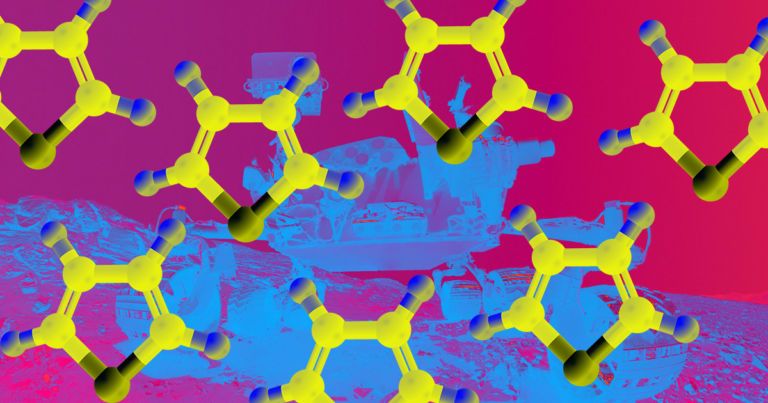The Curiosity rover analyzes compounds by breaking them down into fragments. The upcoming European Space Agency’s Rosalind Franklin rover, however, could fill in the gaps with its Mars Organic Molecule Analyzer (MOMA), which doesn’t use the same destructive technique as Curiosity.
What has Schulze-Makuch most excited is the possibility of finding differing ratios of heavy and light isotopes in compounds, the result of organisms breaking down elements and “a telltale signal for life,” according to the researcher.
“As Carl Sagan said ‘extraordinary claims require extraordinary evidence,’” Schulze-Makuch said. “I think the proof will really require that we actually send people there, and an astronaut looks through a microscope and sees a moving microbe.”









Comments are closed.